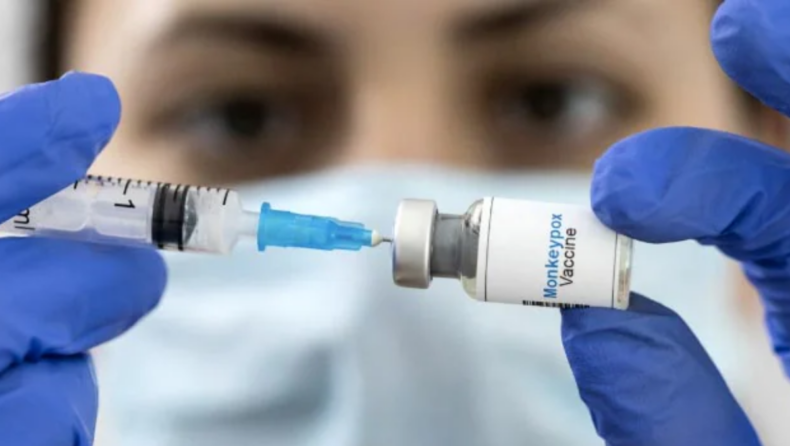The decision for declaring monkeypox a global health emergency comes after the increase in cases worldwide. The World Health Organization (WHO) joined an emergency committee on the spread soon after countries started reporting cases.

Along with two other health emergencies: The covid-19 pandemic and a prolonged effort to eradicate polio, monkeypox has been added. The WHO labeled it as a “public health emergency of international concern (PHEIC)”. Accordingly, establish a coordinated effort at the international level and initiate collaborative funding on vaccines and treatments.
Declaration against the Disagreement
WHO’s Tedros Adhanom Ghebreyesus, a tie-breaker broke the disagreement over monkeypox designation. Later a media briefing confirmed that the committee could not reach a consensus as nine members voted against and six in favor of the declaration.
“So in short, we have an outbreak that has spread around the world rapidly, through new modes of transmission, about which we understand too little and which meets the criteria in the International Health Regulations,” Tedros declared.
Key Facts on Monkeypox
- A virus transmitted from animals to humans (viral zoonosis) with symptoms similar to smallpox.
- Mostly found in the areas of the tropical rainforests of central and west Africa.
- Treatment similar to smallpox by using an antiviral agent.
- Newer vaccines are also being developed of which one has been approved for prevention.
- Monkeypox virus belongs to the Orthopoxvirus genus in the family Poxviridae.
- Symptoms last for two to four weeks and severe cases can occur.
- The current fatality rate has been neared to 3-6%.
- Close contact with an infected person or sharing any virus-contaminated materials can transmit the disease.
- Close contact includes lesions, body fluids, respiratory droplets, and contaminated materials like bedding.
- Monkeypox resembles smallpox in clinical aspects, that is, orthopoxvirus infection was declared to be eradicated worldwide in 1980. But, monkeypox is less contagious than smallpox with less severe illness.
- The symptoms include fever, rash, and swollen lymph nodes and may lead to medical complications.
Men Population as Central
Tedros added that even though the declaration contains a ‘public’ health emergency, for the time being, this outbreak has been concentrated among men who have sex with other men. Those men who have multiple sexual partners will be prone to the disease.
The White House addressed the decision as a “call to action for the world community to stop the spread of this virus.”
Raj Panjabi, director of the White House pandemic preparedness office, said a “coordinated, international response is essential” to stop the spread of the disease and protect communities at the most significant risk of contracting it.
Status of Europe
According to the reports, 75 countries have been reporting more than 16,000 cases. The death toll had been five so far. However, the rapid spread could be seen all around, indeed international concern. The assessments of WHO tell that the risk is high in European regions when taken at a global scale.
Furthermore, WHO has been investigating new modes of transmission that have enhanced the spread. The risk of further international spread is clear whereas international traffic remained low. Dr Tedros added that the declaration would improve the development of vaccines with certain preventive measures to limit the spread.
Reports from India
Two cases of monkeypox were reported in India, both from Kerala. The first case surfaced on July 14 of a Kollam native from the United Arab Emirates (UAE), who arrived at Thiruvananthapuram international airport. The second case came from Kannur on July 18 from a person who returned from UAE. Both the men were isolated and treated.
The third case was from a 35-year-old who had returned from UAE and reached Malappuram on July 6. The individual developed a fever on July 13 and then showed symptoms of monkeypox on July 15.
The first case of monkeypox from Delhi has been reported from a person with no history of travel to foreign. Notably, India’s fourth case.
Read More: WHO Declares ‘MonkeyPox’ as “Extraordinary Event”













